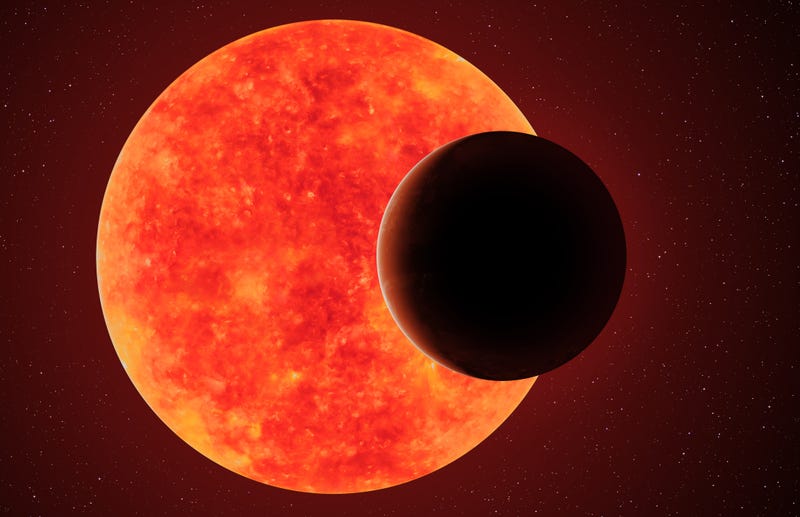
While we are still decades away from potentially visiting it, astronomers have found a planet roughly the size of Earth that they say is very close to us.
Even though an average person wouldn’t call 31.2 light-years close, astronomers shared the opposite in their research detailing the discovery of the new exoplanet named Wolf 1069 b. The research was published in the journal Astronomy & Astrophysics.
To find exoplanets, astronomers lock a telescope onto a star for many hours, sometimes years, to detect what is called a “wobble” in the light emitted from the star. The wobble is only caused by the gravitational force of a planet orbiting it, and when it is detected, researchers know that they have discovered an exoplanet.
From there, scientists are able to examine more about the planet, including how far it is from the star that it orbits.
For Wolf 1069 b, astronomers shared that it sits in the “habitable zone” of its solar system, which is centered by a red dwarf star called Wolf 1069. The red dwarf is approximately a fifth the size of Earth’s sun and is located in the constellation Cygnus.
Scientists observed Wolf 1069 for nearly four years to examine if exoplanets were orbiting it.
The proximity of the planet makes it the sixth closest possible Earth-like planet found by astronomers searching for exoplanets in the vast sky. The astronomers who discovered the exoplanet were a part of the CARMENES survey, which has searched for orbiting planets around 324 dwarf stars since 2016.
The red dwarf star is among the most common in the Milky Way, accounting for nearly 70% of all known stars in the galaxy.
A year on Wolf 1069 b is only 15 days, as it orbits its much cooler sun at a distance closer than Mercury does to our sun.
The telescope used to find the Wolf 1069 b is located at the Calar Alto Observatory in Adalucía, Spain, and has spotted more than 20 other exoplanets.
Among the other discoveries the survey has made, including Teegarden b, which has been considered one of the most potentially habitable exoplanets ever discovered.


